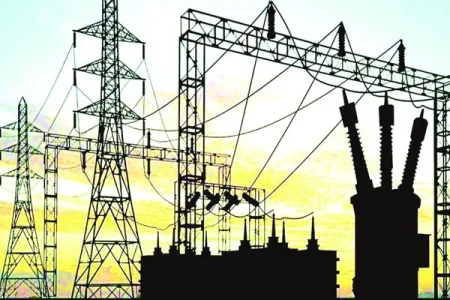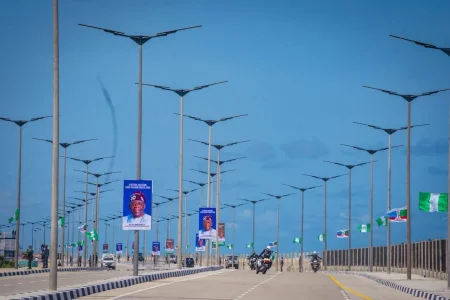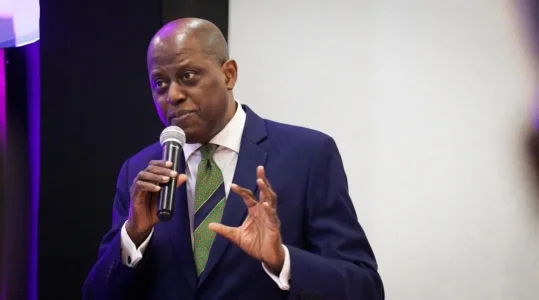
The government has announced a substantial reduction in monthly electricity subsidy expenses. This decision comes in the wake of a recent tariff hike aimed at aligning electricity tariffs with the actual cost of power generation and distribution.
According to official sources, the revision in electricity tariffs is expected to deliver a remarkable 52% cut in monthly subsidy costs, translating to substantial fiscal savings for the government. The move marks a pivotal shift in the country's energy policy, signaling a departure from longstanding subsidy practices.
The heart of Nigeria's political power, Abuja, stands as a focal point for this cost recalibration, with premium electricity consumers classified under Band A expected to bear the brunt of the tariff adjustment. These consumers, predominantly located in urban areas and commercial hubs, will witness notable changes in their electricity bills as the new tariffs take effect.
A breakdown of the impact reveals that each Power Distribution Company (DisCo) will experience varying degrees of subsidy reduction. For instance, Abuja's subsidy costs are set to plummet from N38.01 billion to N18.95 billion, representing a significant fiscal relief for the government.
Similar adjustments are anticipated across other regions, with DisCos like Benin, Eko, Enugu, Ibadan, Ikeja, Jos, Kaduna, Kano, Port Harcourt, and Yola also expected to benefit from reduced subsidy expenses.
The rationale behind the tariff hike lies in the government's commitment to adopting a cost-reflective pricing model for electricity tariffs. By ensuring that tariffs align with the actual supply and demand dynamics in the market, policymakers aim to promote sustainability and efficiency in the power sector.
However, the tariff adjustments have not been without controversy, as they are expected to have far-reaching implications for both consumers and the power sector. Critics argue that the hike could exacerbate economic pressures on households and businesses already grappling with the challenges of unreliable power supply.
Despite the concerns raised, the government remains steadfast in its commitment to implementing the tariff adjustments as part of broader efforts to reform the energy sector and improve service delivery.
As Nigeria navigates these pivotal changes in its electricity landscape, the coming months will offer insights into the effectiveness of the tariff adjustments in achieving the government's objectives while balancing the interests of consumers and stakeholders alike.
Source: Nairametrics




